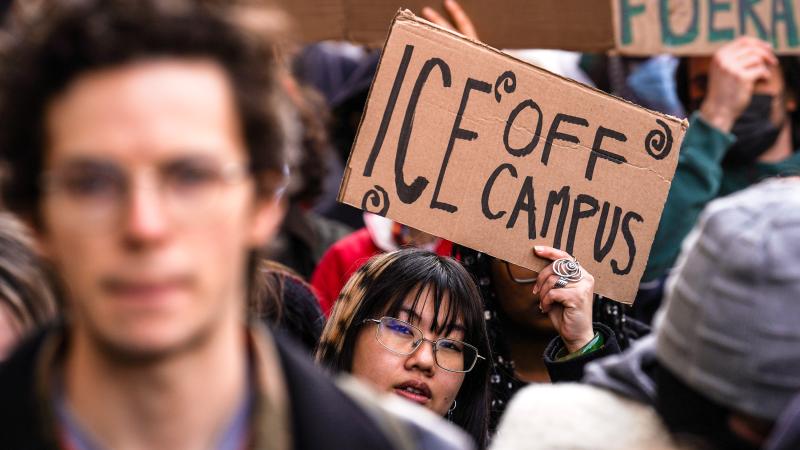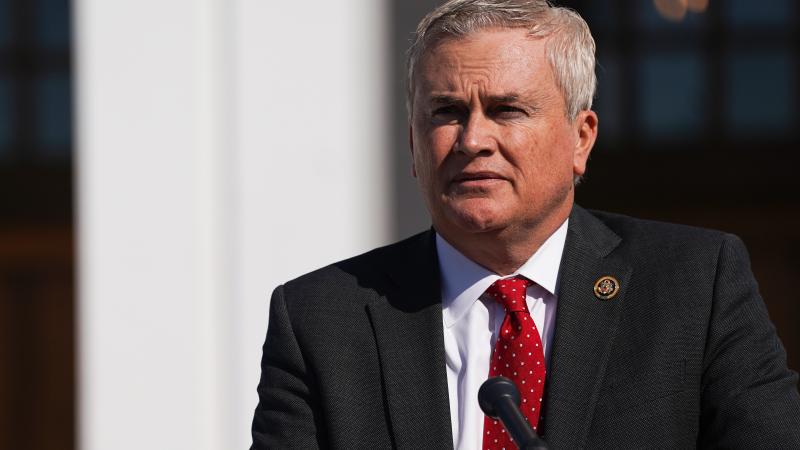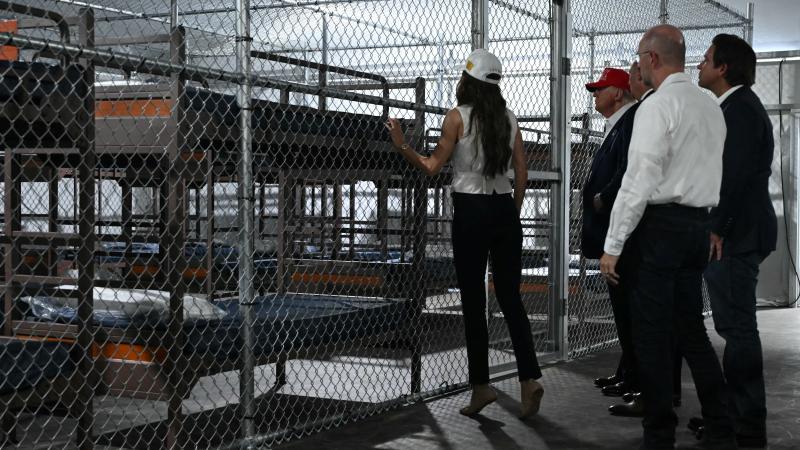Amid rise of AI, polarization, intolerance, ex-prof hopes to reinstill critical thinking in students
"The current culture of intolerance makes the need for better critical thinking even more urgent," said Louis Newman, former dean of academic advising at Stanford University and author of "Thinking Critically in College: The Essential Handbook for Student Success."
ChatGPT, OpenAI's artificial intelligence chatbot, has many people worried, from police officers to college professors.
Although discussions concerning ChatGPT often veer towards the hysterical, there are plenty of reasons to be concerned. New research published in the journal Scientific Reports warns the chatbot corrupts users' moral judgments by effectively disabling their ability to think in a critical manner. Moral reasoning requires an individual to apply critical thinking to specific events to differentiate between right and wrong. ChatGPT essentially switches off this function.
On college campuses across the country, critical thinking, long a defining feature of higher education, appears to be in steep decline, a fact not lost on Louis Newman, the former dean of academic advising at Stanford University and author of "Thinking Critically in College: The Essential Handbook for Student Success," a new book published, somewhat ironically, the same week that Stanford law students shouted down conservative Judge Kyle Duncan.
"I was prompted to write the book by a particularly impactful conversation I had with one of my students at Carleton College ten years ago," Newman told Just the News. It became clear to him, he recalled, that contrary to his own expectations and those of his colleagues, "students — even very successful ones — don't necessarily learn basic critical thinking skills just by taking and passing college courses. And if they do, that is almost certainly not the most efficient or painless way to acquire these skills."
In an effort to address this problem, Newman decided to write a book that could serve as a resource for both incoming college students as well as high school students preparing for college.
Newman was asked if he harbored any concerns about the rise of AI and AI-driven creations like ChatGPT and their supposed threat to Americans' ability to think critically. "I am wary of such predictions," he said, "simply because it's far too early to know what the downstream effects of these new technologies will be for critical thinking or for culture and society in general."
Newman maintains the decline in critical thinking in American society long predates the advent of AI. "There are no doubt many factors in play here," he said, "including, but not limited to, a lowering of standards in education, political polarization, and the ease of spreading disinformation on the internet and through social media."
A decade from now, Newman suggests, "we may look back and determine that Chat GPT exacerbated these trends" but wasn't the cause of them.
"I reject any implication," he added, "that we are in, or entering, an era marked by 'the end of critical thinking,' any more than the threats to democracy we currently see around the world mean that democracy is in its death throes."
At a broader, societal level, "we need critical thinking to make rational, evidence-based decisions," Newman explained. "As a society we rely on such thinking to make decisions about the efficacy and safety of new drugs, the implications of new policies, and the meaning of our own statutes when they are invoked in legal proceedings."
Meanwhile, at an individual level, he said, "we employ critical thinking when we make decisions about whether to undergo a medical procedure, where to invest our money, or how to weigh the pros and cons of any course of action."
Of course, he conceded, as we are emotional beings, not all decisions made by societies or individuals are entirely rational. Nevertheless, he warned, if we cease to employ critical thinking skills, we cease to exist as a functioning society.
Newman was asked if the current culture of intolerance — on college campuses, on social media, in political discourse, etc. — is compatible with his goal of making people better critical thinkers. "The current culture of intolerance makes the need for better critical thinking even more urgent," he replied, suggesting this starts with a "willingness to listen sympathetically to diverse points of view and, to the best of our ability, weigh the evidence for and against them."














